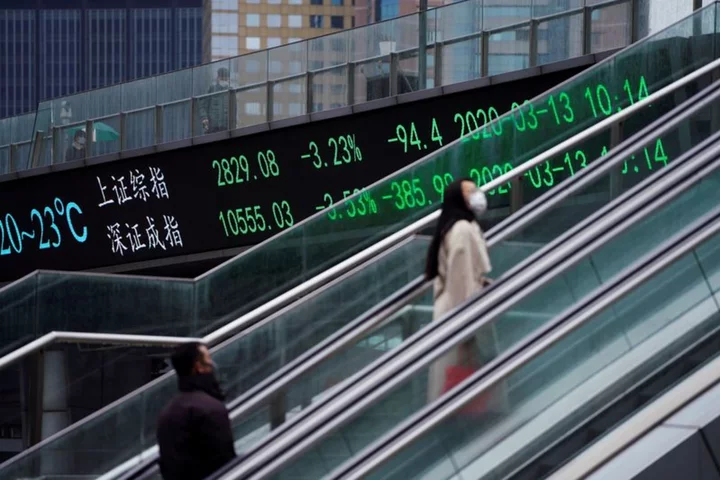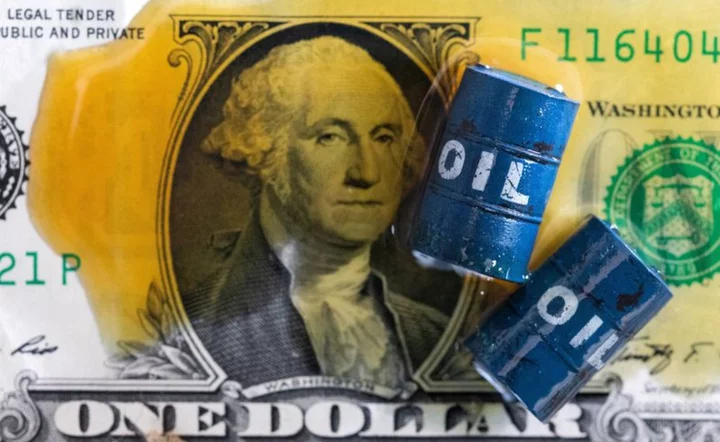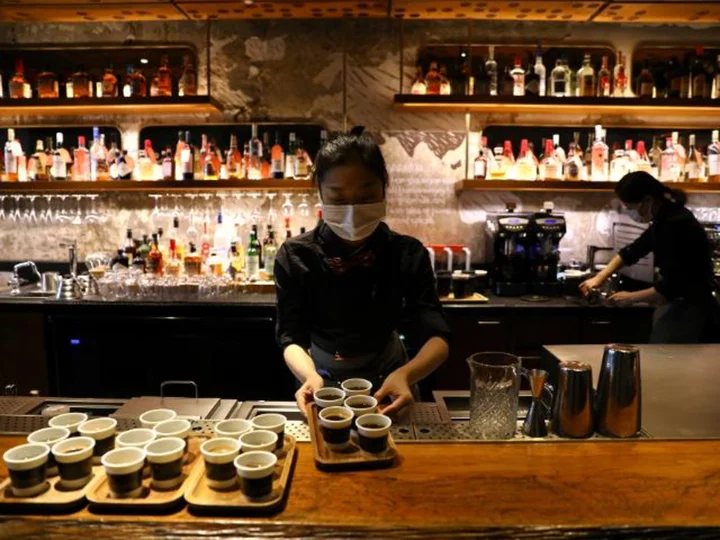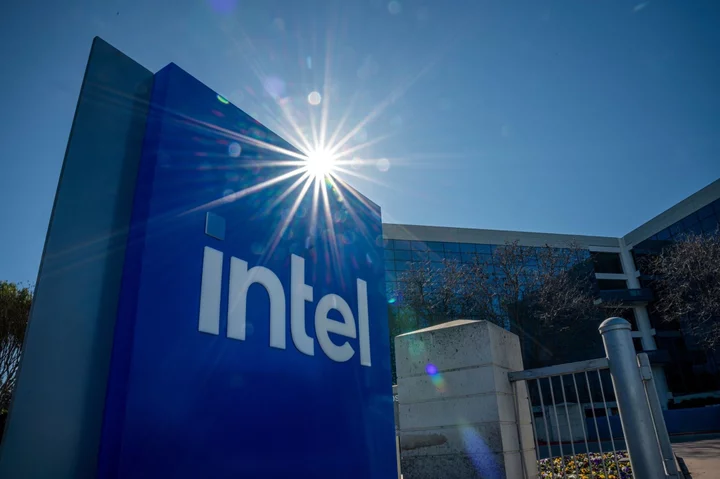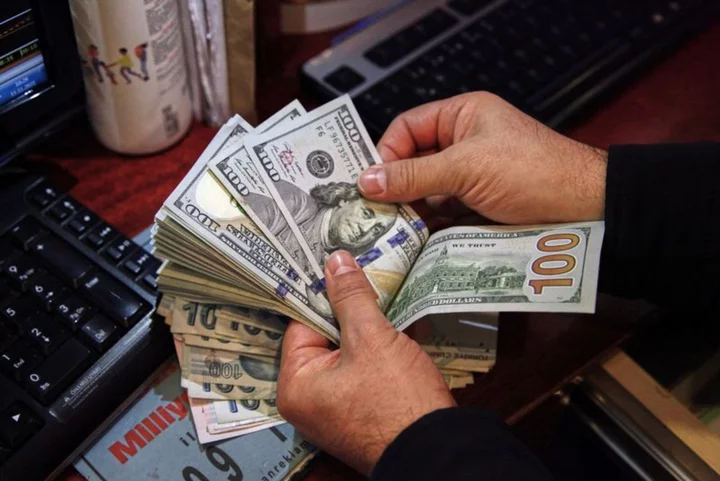By Kevin Yao
BEIJING (Reuters) -China will roll out more stimulus to support a slowing economy this year, but concerns over debt and capital flight will keep measures targeted at shoring up weak demand in the consumer and private sectors, sources involved in policy discussions said.
The world's second-largest economy stumbled in May with data on Thursday showing factory output and retail sales growth missing forecasts, adding to signs that the post-pandemic recovery is rapidly losing steam.
China's cabinet is soliciting proposals from economists and advisers, policy insiders told Reuters, with big changes needing approval from top party leaders, and investors now looking to an expected Politburo meeting in July for clues on policy direction.
While the central bank this week lowered borrowing costs, sources say fiscal stimulus will be needed to revive activity with a particular focus on household subsidies and bigger bond issuance to prop up investment.
However, policymakers will remain wary of aggressive support measures for property, unwilling to fan speculative real estate investment, especially in big cities, after massive oversupply in the sector.
"Rates cuts are needed, but to make them effective we need to rely on fiscal policy to boost investment and we need property policy to unleash demand," said a policy insider who requested anonymity due to the sensitivity of the matter.
China's central bank on Thursday cut the interest rate on its one-year medium-term lending facility, the first such easing in 10 months, paving the way for cuts in the benchmark loan prime rates (LPR) next week.
Another source said a cut to the People's Bank of China's (PBOC) reserve requirement ratio (RRR) was increasingly possible.
In March, the PBOC cut its RRR and economists in a Reuters poll in April expected the rate to remain unchanged for the rest of the year.
However, the modest borrowing cost cuts - limited by concerns over banks' profitability and currency stability - will not be enough to boost economic activity, policy insiders said.
Monetary easing has also been less effective as households and private firms build up savings and reduce borrowing and spending to repair balance sheets after three years of COVID curbs.
Thursday's data showed private fixed-asset investment fell 0.1% in January-May from a year earlier, a sharp contrast to the 8.4% rise in state-sector investment.
CONSTRAINTS
Local governments are likely to quicken bond issuance in the coming months to fund infrastructure projects, and authorities may give more support to consumers, especially for purchases of cars and home appliances, policy insiders said.
But with China's debt burden nearly three times its gross domestic product, there will be limited scope to spur infrastructure spending, a playbook Beijing has used to counter economic downturns since the 2008-09 crisis.
Authorities are also considering support for the ailing property sector after earlier measures failed to gain traction, including easing credit conditions and home buying curbs in some areas, policy insiders. However, these steps are likely to be modest amid wider concerns about overheating property.
China remains on track to hit its 2023 growth target of around 5%, versus last year's 3% increase, but activity in recent months has been weaker than expected and policy support is needed to restore momentum amid fears of job losses and local financial stress, policy insiders said.
"Slower growth - even if it's within the target range - brings with it its own problems, particularly for local governments, for the property sector and for employment," said Rory Green, an economist at TS Lombard. "So I do think there is a mini stimulus push coming."
Economists blame the fading recovery on the "scarring effects" caused by COVID and regulatory curbs on property and tech sectors, which have hit household and private sector spending.
The government has prioritised a consumption recovery this year, but has so far not delivered large-scale subsidies for consumers.
Supporting depressed private-sector firms, which account for 60% of economic output and 80% of urban employment, will be essential to lift incomes, jobs and consumption, policy insiders and analysts said.
"We should take concrete steps to boost confidence of private firms," said Jia Kang, former head of the finance ministry's think tank who runs the China Academy of New Supply-Side Economics.
(Reporting by Kevin Yao; Editing by Sam Holmes)

